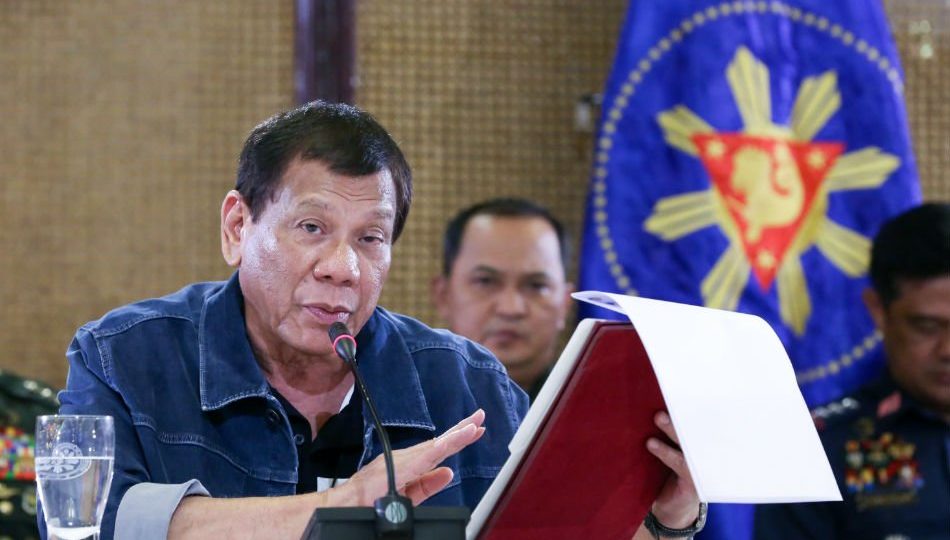Both the Philippine Senate and the House of Representatives have each approved bills granting President Rodrigo Duterte emergency powers in a bid to stem the spread of COVID-19 in the country.
In a special 14-hour session led by Congressman Alan Peter Cayetano that ended early this morning, the House of Representatives voted to pass House Bill No. 6616, which gives Duterte 25 “special powers,” including:
- Adopting and implementing measures to prevent and suppress the virus through effective education, detection, protection, and treatment
- Requiring businesses to prioritize and accept contract services that would help fight COVID-19
- Streamlining the accreditation of test kits and speed up the acquisition of protective gear and medical supplies for health workers
- Regulating the distribution of power, fuel, energy, and water
- Undertaking other unspecified measures “as may be reasonable and necessary” to respond to the pandemic if the public interest requires it
Under the bill, sponsored by Deputy Speaker Luis Raymund Villafuerte, Duterte will also have the power to “re-program, reallocate, and realign” parts of the PHP3.757-trillion (US$72.5 billion) 2019 national budget and the current P4.1-trillion (US$ 80.3 billion) 2020 national budget to “support operations and response measures” deemed necessary to address the COVID-19 health emergency.
The bill does not provide a clear breakdown of where the reallocated funds will go, but Villafuerte said previously that some PHP275 billion (US$5.4 billion) worth of public funds will be put into use once the measure is passed.
A similar bill giving Duterte additional powers to contain the virus was passed by the Senate last night. Bill No. 1418, titled “Bayanihan [camaraderie] to Heal as One Act” and filed by Senators Vicente Sotto III and Pia Cayetano, allows Duterte to “move funds as needed… from non-essential to essential items that are required for fighting COVID-19,” said Senator Cayetano. It also allows the president to:
- Reallocate PHP175 billion (US$3.4 billion) available cash and its equivalent from various government-owned or controlled corporations
- Tap into another PHP100 billion (US$1.9 billion) from different national government agencies’ accounts to support programs against the health and economic threats of COVID-19
- Allocate monthly allowances of up to PHP8,000 (US$157) for 18 million low-income families during the Luzon-wide lockdown
- Give public and private health workers severely infected by the virus PHP100,000 (US$1,959) in compensation, and give families of those who contracted the virus and died in the line of duty PHP1 million (US$9,591)
- Take over privately-owned hospitals and medical facilities to fight the pandemic if the public interest requires it
A provision of both bills requires the president to submit a weekly report updating Congress every Monday.
Congress is set to submit the bill today to the president’s office for Duterte’s signature.
Once signed by the president, the so-called “special powers” will take effect immediately after the law’s publication in a newspaper or on the government’s Official Gazette. It will be valid for three months unless extended by Congress or terminated earlier through a Presidential proclamation or a concurrent resolution.
The push to give Duterte emergency powers, meanwhile, has been criticized by some Filipinos, who say the government should focus on empowering overwhelmed health workers instead of politicians and the president — who is arguably powerful enough as it is, when you think about it.




